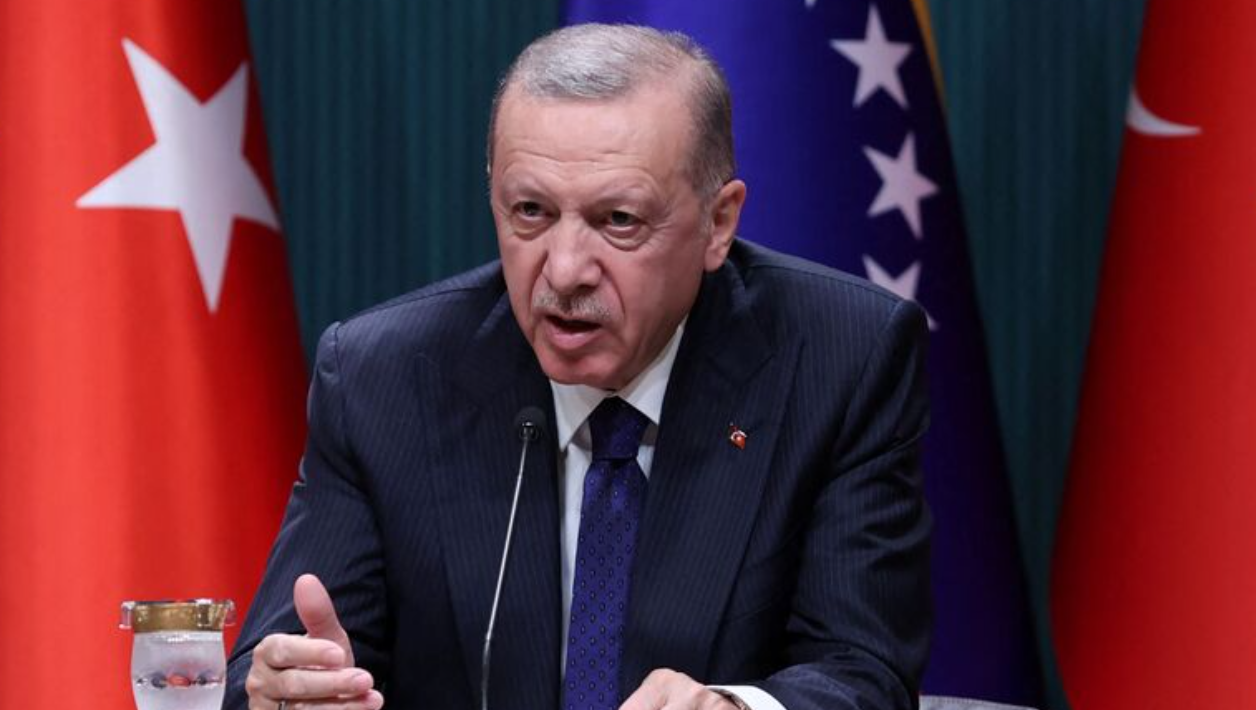Blog date: 22 August
As ever so much economic policy in Turkey is revealed late night Friday, and last Friday was no exception with Turkish regulators revealing new restrictions on commercial bank lending. See the CBRT press release as below.
In essence though this seems to aim to cap commercial bank lending rates and force more lending to priority sectors, such as agriculture, SMEs and the export sector.
This is macro prudential measures on steroids.
Obviously by forcing commercial bank lending rates towards the policy rate, now only at 13% (minus 67%) the fear is that this initiates another credit boom, with pressure on the current account and then the lira and on to inflation. But the caps on lending growth at 10%, aside from these priority sectors, aims to alleviate that. The Turkish authorities see these priority sectors as “productive”, that is working more to address structural supply shortages and helping to moderate the current account deficit.
The sanction on banks which fail to abide by these new rules is that any excess lending above these norms means that the difference has to be covered by purchases of government securities.
Obviously herein the government hopes to cut its own borrowing costs, which would suggest that we are about to see a fiscal splurge this side of elections.
WATCH: Turkish Economy Won’t Survive The Winter
Indeed, despite the macro prudential constraints above, it is hard not to see the combined new CBRT measures as fuelling credit growth and new government spending this side of elections.
And in all this one has to ask why are these measures being introduced?
The answer surely is the AKP is lagging in the polls and needs to give an additional kick to domestic demand to deliver jobs and growth.
The risk is obviously that domestic demand just leaks out in a wider current account deficit, a then weaker currency and the pass thru to yet more inflation – which is already a seismic 80%.
Obviously the priority given to agriculture, SMEs and export sectors is meant to address this problem, but I doubt this will be that successful.
So mindful of ongoing and likely future pressure on the lira, the Turkish authorities have been active in recent months in getting FX reserve backstops from the Gulf and Russia. Gross FX reserves have risen by something close to the order of $15bn in recent weeks, taking gross reserves to around $115bn. I think the strategy now will be to deploy these reserves in FX intervention to try and anchor the lira, at least in the run up to elections, to try and act as a nominal cap to inflation.
WATCH: Erdogan’s Lethal Economic Legacy
Will this all work?
It might just given that all the focus of this strategy is buying time until elections, likely to be held by May 2023. Is $115bn in gross reserves enough to last 8 months?
It might be, and especially if the mooted new ruble payment scheme for energy imports from Russia is as it says on the tin – seemingly Turkey will be able to pay for its huge energy imports from Russia, in rubles borrowed from Russia. That would reduce the current account deficit in the short term, at least on paper.
All well and good?
Well, not really. The Erdogan administration might be able to muddle thru to elections, but at the price of the deterioration in Turkey’s balance sheet in the interim.
Russia might be allowing Turkey to pay in borrowed rubles, but they still have to be paid back, and these likely will create a liability on the next government to emerge after elections, AKP or otherwise.
Similarly, if the strategy is to continue to intervene to defend the lira, FX reserves will be spent, and the CBRT’s net international reserve position will deteriorate even further than it’s current estimated minus $60bn number.
All this does not resolve the underlying problem that Turkey is living beyond its means, too much growth now, not enough saving, and the accumulation of more external debt liabilities which need to be paid back, whether to Russia or the Gulf.
And in the case of debts to Russia, one had to ask what an absolutely malign character like Putin will demand of the new credits he has extended to Erdogan? But we know for sure that he will come knocking on Turkey’s door in the future and the payback will likely include a big wad of usury which Putin certainly believes in. Putin will extract a heavy’s price on Erdogan, and especially if this results in his re-election next year. Erdogan will owe Putin.
And what about the Gulf money? It’s hard really to imagine MBS, with all his tortuous history with Erdogan lending to keep the latter in power in Turkey unless a heavy pay back is expected – likely in lucrative Turkish assets being put up for sale to Gulf interests at some point in the future.
Thanks for reading @tashecon blog! Subscribe for free to receive new posts and support my work.
Follow our English language YouTube videos @ REAL TURKEY: https://www.youtube.com/channel/UCKpFJB4GFiNkhmpVZQ_d9Rg
And content at Twitter: @AtillaEng
Facebook: Real Turkey Channel: https://www.facebook.com/realturkeychannel/
